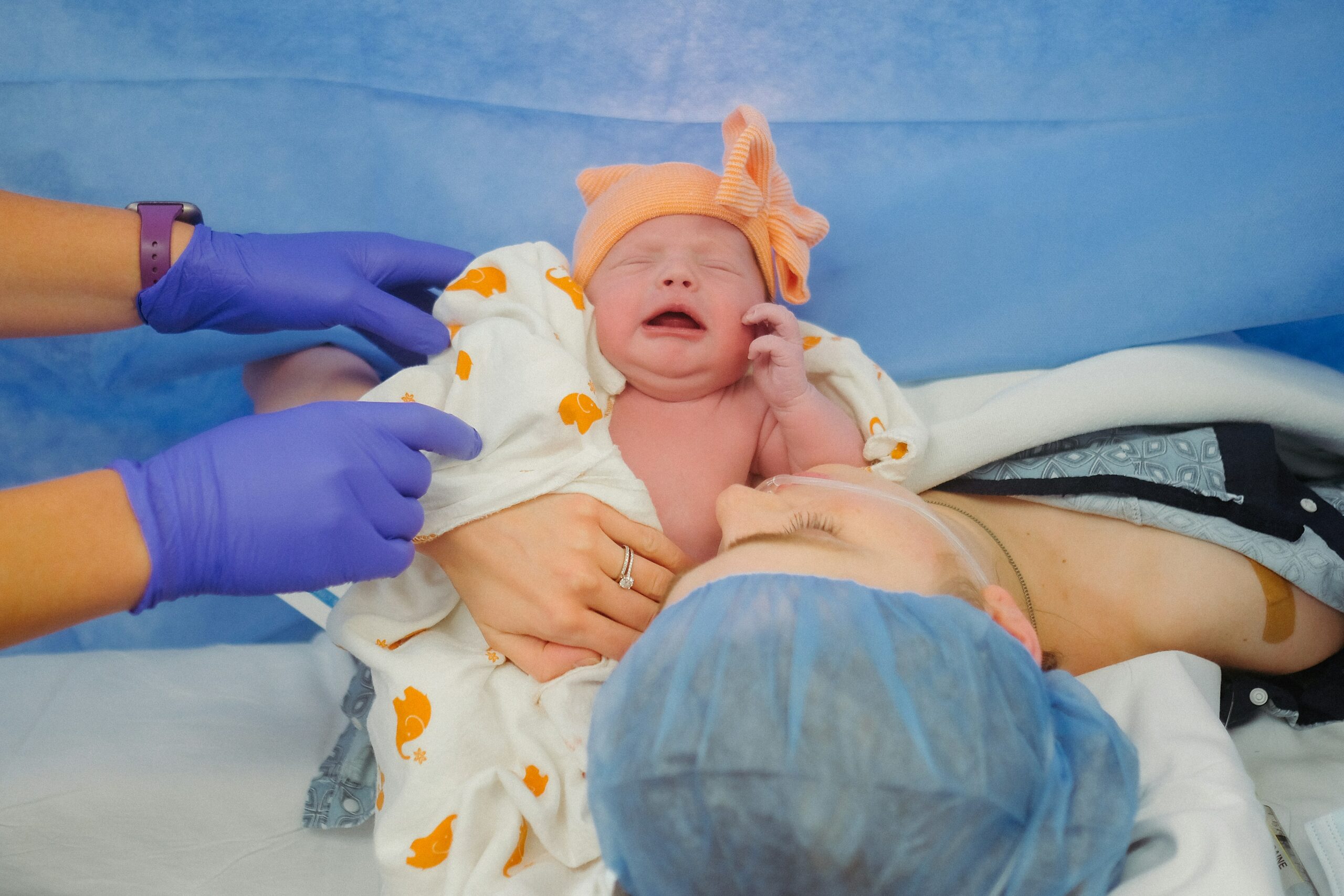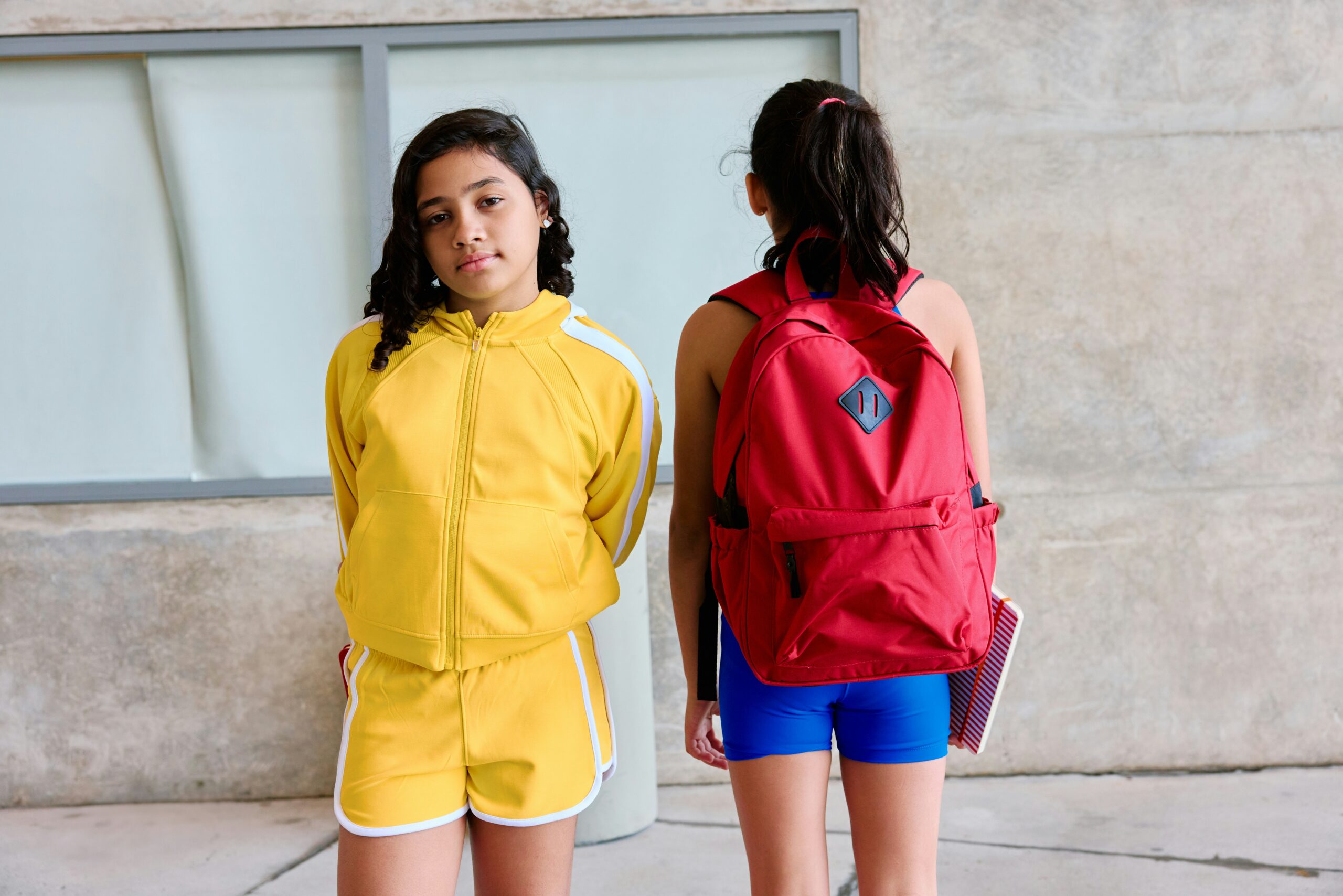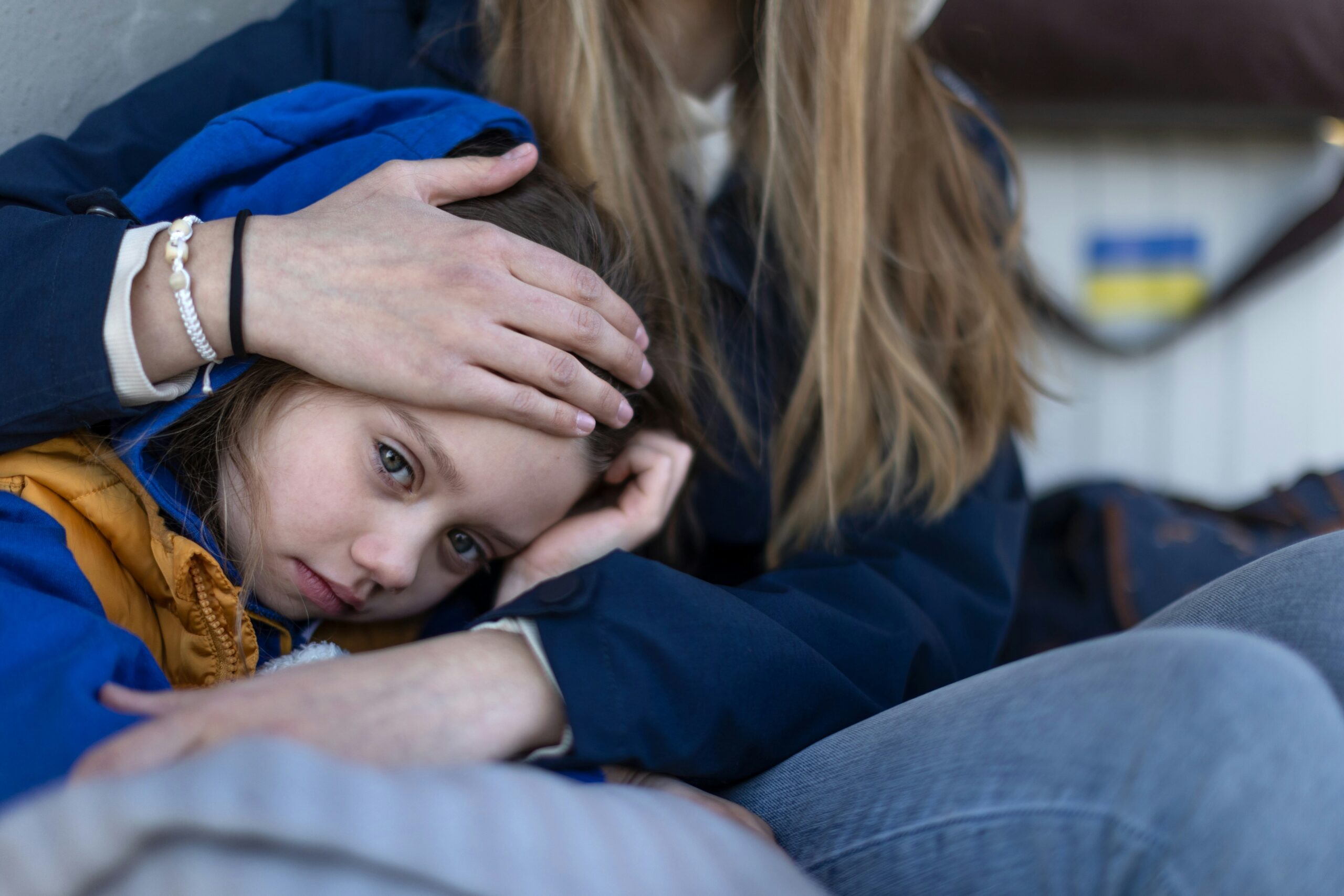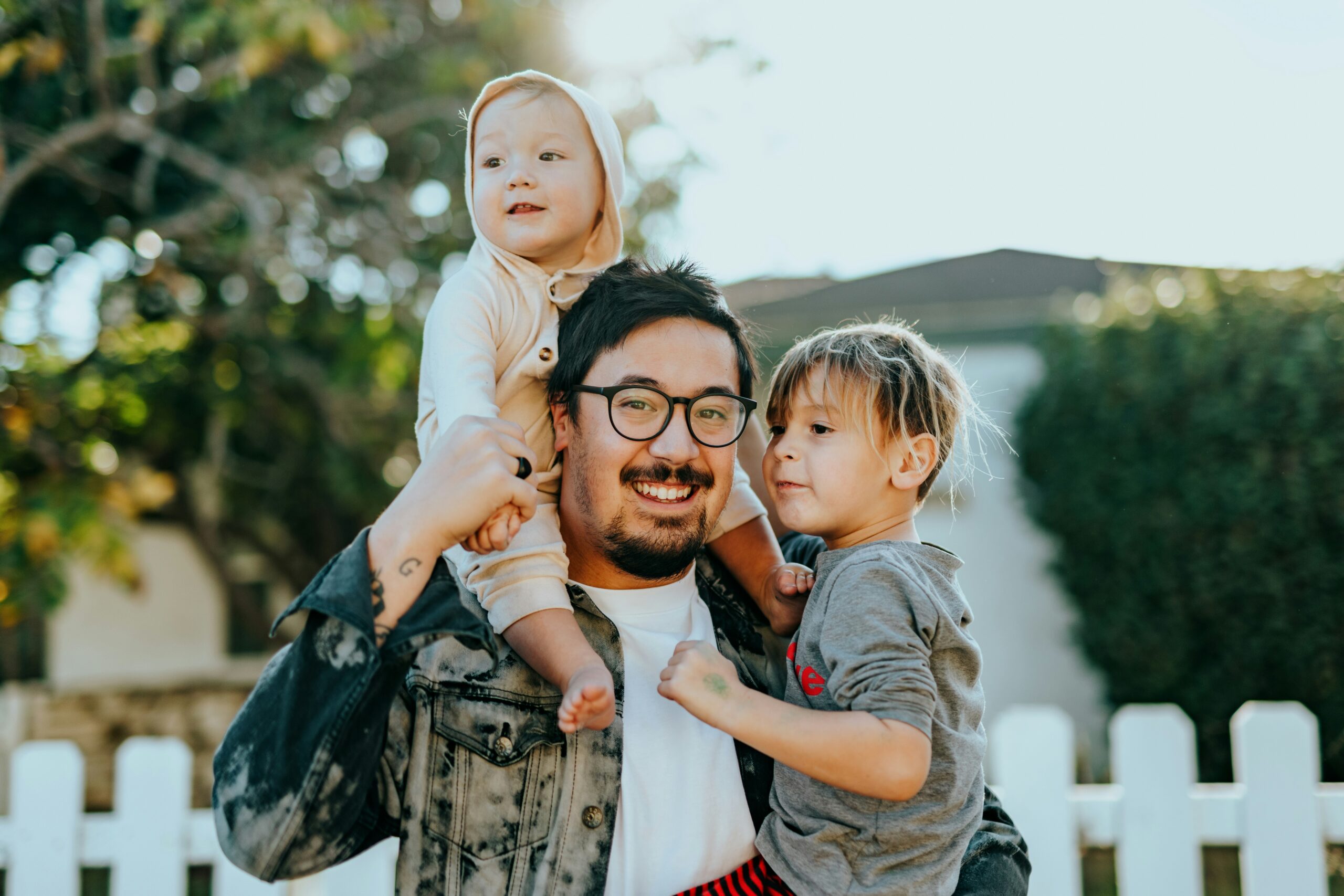
The Power and Pitfalls of Attachment Theory for Children with Trauma
It started with a shoe. It had Velcro instead of laces. Little kid size 10. And it zoomed past my head after a visit between a child and his mother in an under-resourced supervised visitation room. He was almost 4 years old with curly hair. His words were few. But









